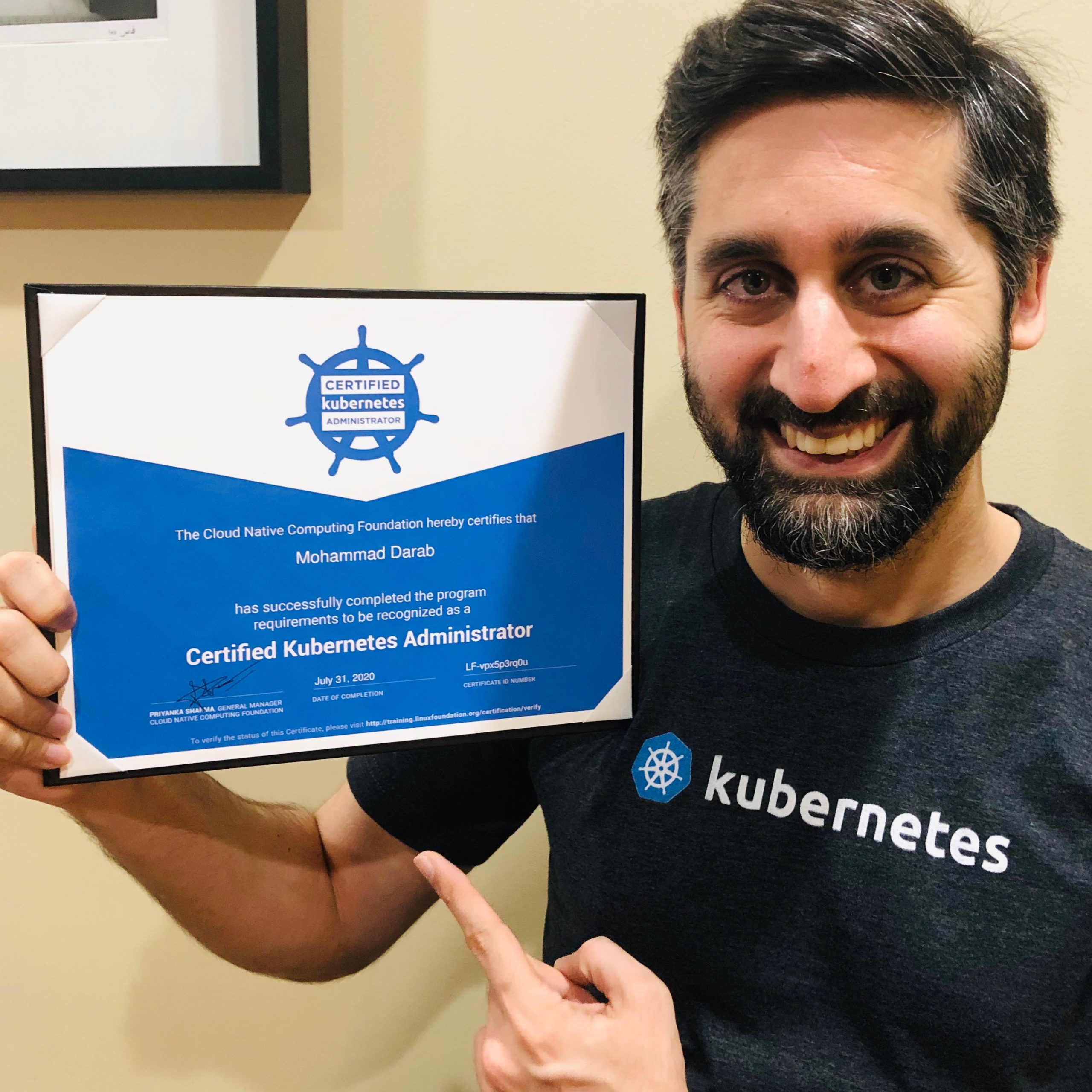About 2 years ago I started coming across a lot of online chatter on “containers” and “Kubernetes”. This was back in 2018 and around that time I had no interest of learning about it because it had no direct connection to SQL Server and my daily job duties as a DBA. Up until that point I had been working with SQL Server for about ten years. So like most people, “containers and Kubernetes” went in one ear and out the other.
That all changed with the hype, and eventual release, of SQL Server 2019. In SQL Server 2019 comes a feature called “Big Data Clusters”. This new feature in SQL Server really intrigued me because it was something completely different. I started to hear those terms again (containers and Kubernetes) because those are technologies behind Big Data Clusters. Over the next year, I heavily blogged, spoke, and created video content on Big Data Clusters. As a result of my deep passion and promotion of the product, I was awarded Microsoft MVP. My journey didn’t stop there as I have a natural “thirst for knowledge” and had to learn more about the underlying technology that makes Big Data Clusters feasible in the first place: Kubernetes.
So I started to study for the Certified Kubernetes Administrator (CKA) exam.
From DBA to CKA
Now, I am not really ditching my job as a SQL Server DBA, or my experience working with SQL Server, to become a full time Kubernetes Administrator (at least not yet ;) But, by pursuing the CKA it will open up opportunities that are more in the near future than the “now”. There is a big shift to adopt Kubernetes technology from big name vendors. To give you a few examples, Microsoft has Azure Arc, VMWare has Tanzu, and IBM RedHat has OpenShift. All of these services are built atop Kubernetes. They utilize Kubernetes to make deployments, scaling, monitoring, etc. easier for the end user. Now even though these services will make the use of Kubernetes more user-friendly, the individual in charge of such system/s will still require knowledge of Kubernetes to feel comfortable troubleshooting, etc. That’s where a certification like the CKA come into play and will help bridge that knowledge gap.
How I Passed the CKA Exam
A little about the exam before I share the steps I took to pass it. The CKA exam was created by the Cloud Native Computing Foundation (CNCF), in collaboration with The Linux Foundation. The exam costs $300 and that comes with one free retake. The passing score is 74%. If you fail the first time, you have one more chance to retake it for free (or as part of the initial $300 payment).
At the time of this publication, the CKA exam tests on Kubernetes version 1.18. It consists of 24 questions to be completed within 3 hours. It is 100% hands on lab style exam. There are no multiple choice questions. This is a certification exam that really tests your knowledge. You are allowed to use the Kubernetes documentation page.
I studied for 3 months prior to taking the exam.
What I Studied
Two of my friends are Pluralsight authors and their Kubernetes content did an outstanding job breaking down concepts for the beginner. If you are new, I highly recommend checking their courses out on Pluralsight:
Anthony Nocentino’s courses on Pluralsight
There is one course on Udemy that focuses on passing the CKA exam. It covers the entire exam topics, and includes practice exams, labs and mock exams. I took this course and spent about 3 months going over the practice exams, lab and mock exams:
Certified Kubernetes Administrator (CKA) with Practice Tests
Exam Day and Tips
Like I mentioned above, the exam is 3 hours long and has 24 questions. The exam is taken online so you can take it from anywhere as long as you have reliable internet and some privacy.
Log in 15 minutes prior to the actual start time to allow for the prompter to check your surroundings and make sure your desk, under your desk, behind your desk, etc. are all clear. You cannot have water in a marked cup, you must have a clear glass. You can use the restroom any time, but your time will still continue to countdown (i.e. you cannot pause your time).
Here are a few tips regarding the actual CKA exam (no particular order):
- You cannot use TAB to complete your command. So you must be used to typing it out. So it is imperative to know the imperative commands! :)
- I read a lot of people setting up aliases to shorten the commands, etc. I didn’t need that. I comfortably completed the exam with an hour left to review and check my work by typing everything out. The key is to practice the imperative way to do things.
- You can use copy/paste.
- If you have a dual monitor setup, that is even better. One monitor I had the K8s documentation and the other monitor was my test browser tab (I used Chrome)
- There were 24 questions and they were all straight forward. No “tricky” questions. You either know it, or you don’t.
- The biggest thing I can say (and people have said here) is to breathe. Keep calm. Remember, you only need to get a 74% and you have a second chance for free. No need to stress over this! If you focus, breathe, and remain calm, you increase your chance of passing.
GOOD LUCK!

thank you for the article , it will guide any DBA to become a CKA .
Congratulations Mohammad. I have seen how much effort you throw into learning and am not surprised at your resulting success.
Thank you so much Tim! Means a lot coming from you sir! :)